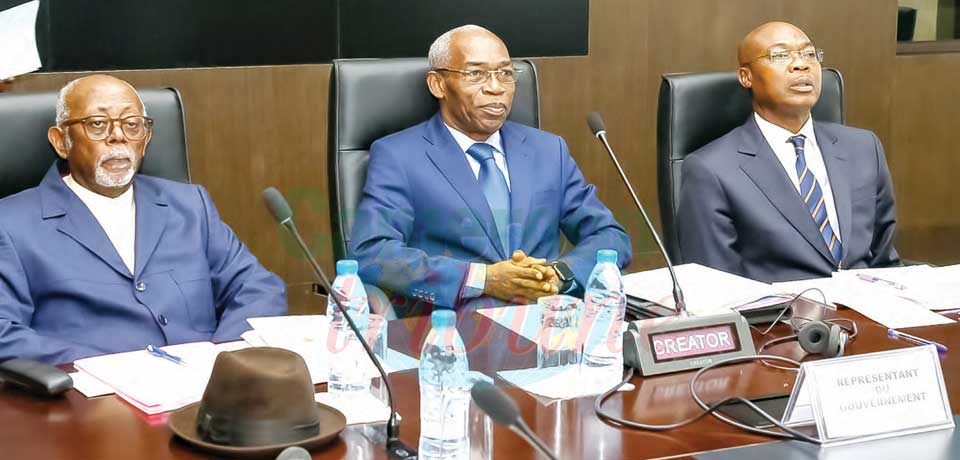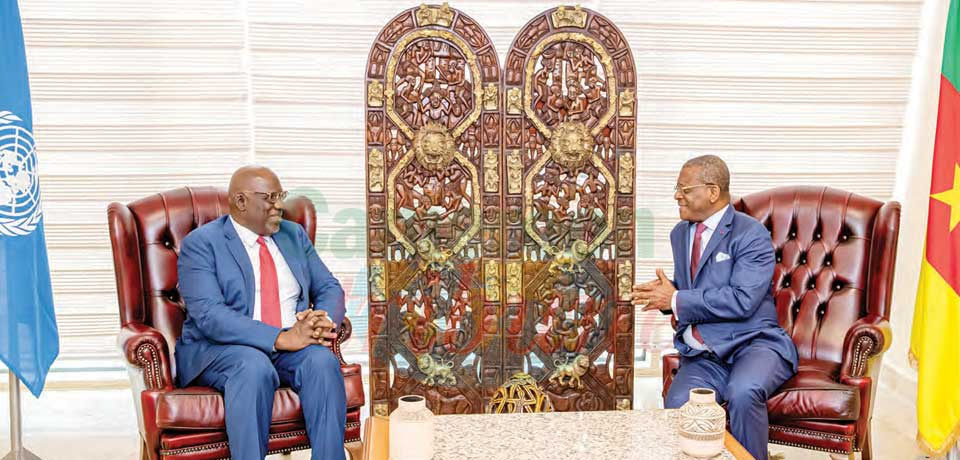Cameroon-Nigeria : No Renege on Greentree Accord
- Par Ludovic AMARA (Stagiaire)
- 22 juil. 2017 06:30
- 0 Likes
The June 12, 2006 New York agreement laid down conditions whose mutual respect, and to the letter, guarantees peaceful co-existence between the two peoples.
Co-habitation between Cameroonians and Nigerians in the Bakassi peninsula has since 2006 been guided by an international treaty which leaders of the two countries unanimously signed to respect the verdict of the International Court of Justice. In effect, the June 12, 2006 Greentree Accord, as the promise was christened, signed in New York between the then Nigerian Head of State, Olusegun Obasanjo, and Cameroon’s President Paul Biya in the presence of the then UN Secretary General, Kofi Atta Annan reaffirmed the willingness of the two countries to peacefully implement the October 10, 2002 ruling of the International Court of Justice which gave sovereignty to Cameroon over the hitherto disputed land and maritime Bakassi peninsula.
By the agreement, Nigeria recognised the authority of Cameroon over the Bakassi Peninsula and thus timeframes were set – 60 days from the date of signing the accord, for the removal of all Nigerian armed forces from the area. This was in a spirit of goodwill necessary for better prospects for cooperation between the two countries after years of not-so-friendly bilateral ties. This was also for the wellbeing of the two peoples and socio-political stability in the region. Reason why after the transfer of authority over Bakassi to Cameroon by Nigeria, Cameroon had to guarantee the fundamental rights and freedoms of Nigerian nationals living in the Bakassi Peninsula as contained in international human rights laws and in other relevant provisions of international law.
Article 3 (2) of the Greentree Accord particularly stipulates that, “Cameroon shall: not force Nigerian nationals living in the Bakassi Peninsula to leave the zone or to change their nationality, respect their culture, language and beliefs, respect their right to continue their agricultural and fishing activities, protect their property and their customary land rights, not levy in any discriminatory manner any taxes and other dues on Nigerian nationals living in the zone, and take every necessary measure to protect Nigerian nationals living in the zone from any harassment or harm.”
To say the least, these are rights of Nigerians who after the ICJ ruling chose to remain in Cameroonian soil (Bakassi Peninsula). These r...
Cet article complet est réservé aux abonnés
Déjà abonné ? Identifiez-vous >
Accédez en illimité à Cameroon Tribune Digital à partir de 26250 FCFA
Je M'abonne1 minute suffit pour vous abonner à Cameroon Tribune Digital !
- Votre numéro spécial cameroon-tribune en version numérique
- Des encarts
- Des appels d'offres exclusives
- D'avant-première (accès 24h avant la publication)
- Des éditions consultables sur tous supports (smartphone, tablettes, PC)














Commentaires